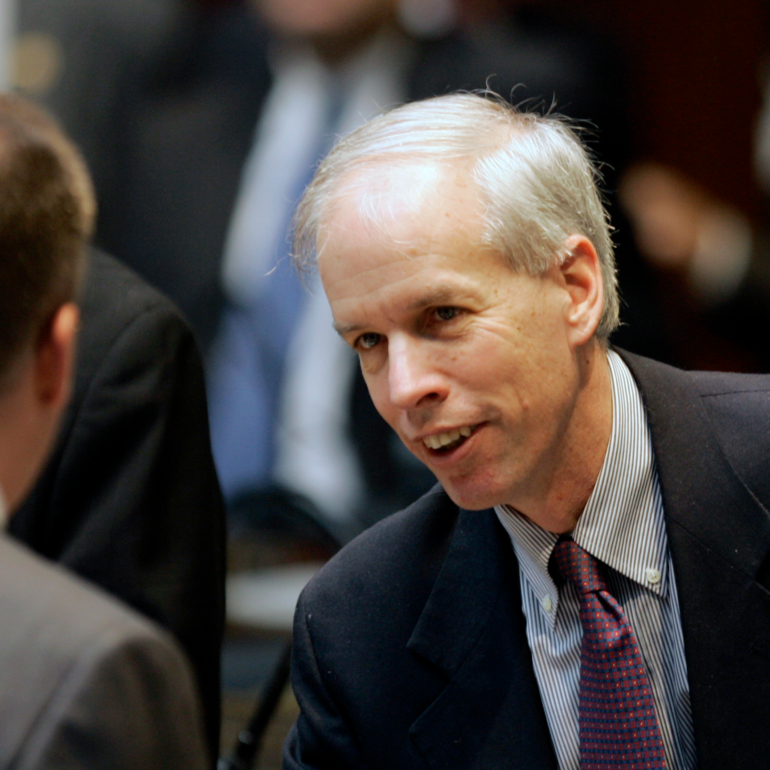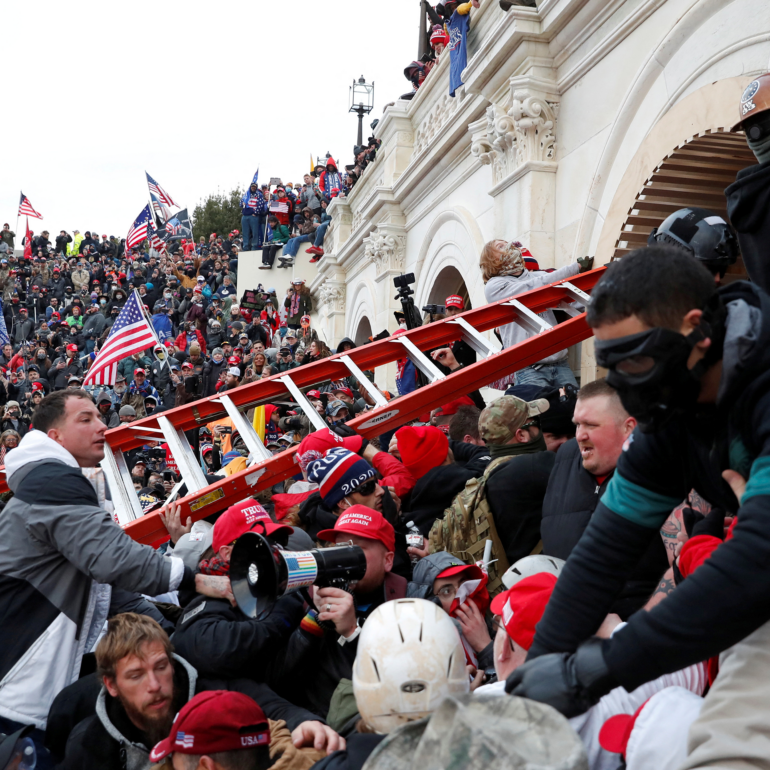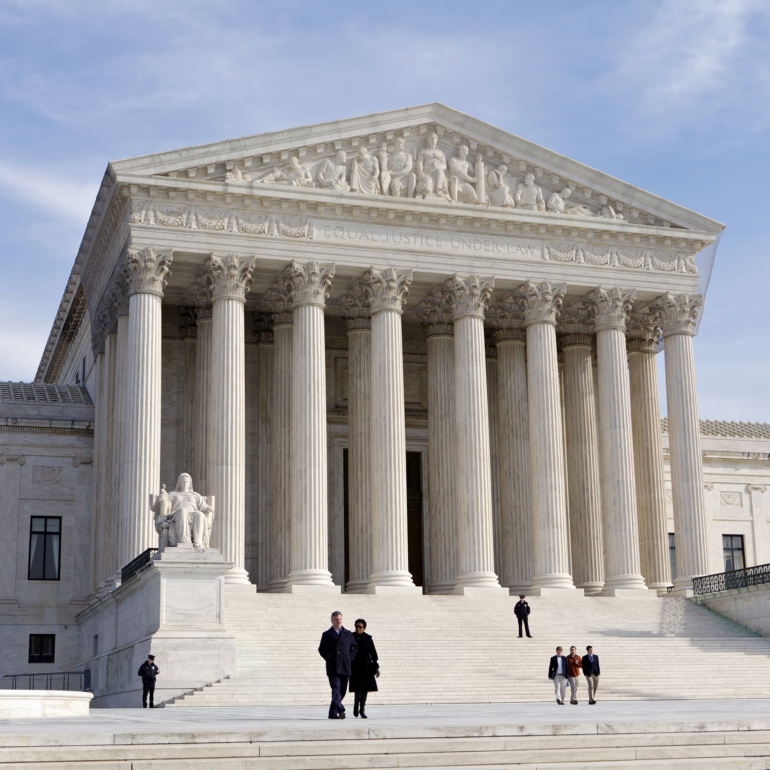In a pivotal session, the U.S. Supreme Court engaged in deliberations that could significantly impact the prosecution of individuals involved in the January 6, 2021 attack on the U.S. Capitol building, raising questions about the application of federal obstruction statutes.
The court’s focus on this matter has drawn attention to potential implications for the criminal case against former President Donald Trump.
The case before the court involves Joseph Fischer, a former Pennsylvania police officer charged in connection with the Capitol attack.
Fischer’s legal team argues against the broad application of an obstruction statute, contending that its intended purpose was to address evidence tampering, not prosecute individuals participating in an insurrection.

Ex-Boston police officer Joseph Fisher
During oral arguments, the justices expressed skepticism about the government’s interpretation of the law and its potential ramifications.
Questions raised by the justices underscored concerns about the statute’s broad application and its compatibility with other forms of protest and civil disobedience.
A ruling curtailing the use of the obstruction statute could disrupt ongoing prosecutions and eliminate charges against Trump in the federal case accusing him of attempting to subvert the 2020 election.
Special counsel Jack Smith has charged Trump with obstruction based on his efforts to prevent Congress from certifying the election results.
However, the outcome of the court’s ruling remains uncertain. While a decision favoring Fischer could weaken the case against Trump, it may not entirely erase charges against him.
Smith has argued that Trump’s conduct could still constitute a crime under a narrower reading of the obstruction law.
At the same time, out of approximately 1,350 Jan. 6 defendants, only 350 have faced charges related to obstructing an official proceeding, according to Solicitor General Elizabeth Prelogar.
She added that those charged solely with felony obstruction have received an average prison sentence of 26 months.

The court’s deliberations highlight broader implications for the interpretation of federal obstruction statutes and their application in future cases.
The ruling will shape legal proceedings and influence how prosecutors pursue charges related to obstruction of official proceedings.
In summary, the Supreme Court’s engagement with federal obstruction statutes in Capitol riot prosecutions raises significant questions about its application and its potential impact on the case against former President Trump.
The court’s ruling will have far-reaching consequences for ongoing prosecutions, Trump’s legal battles, and the interpretation of obstruction statutes in the United States.
 CGTN America
CGTN America
